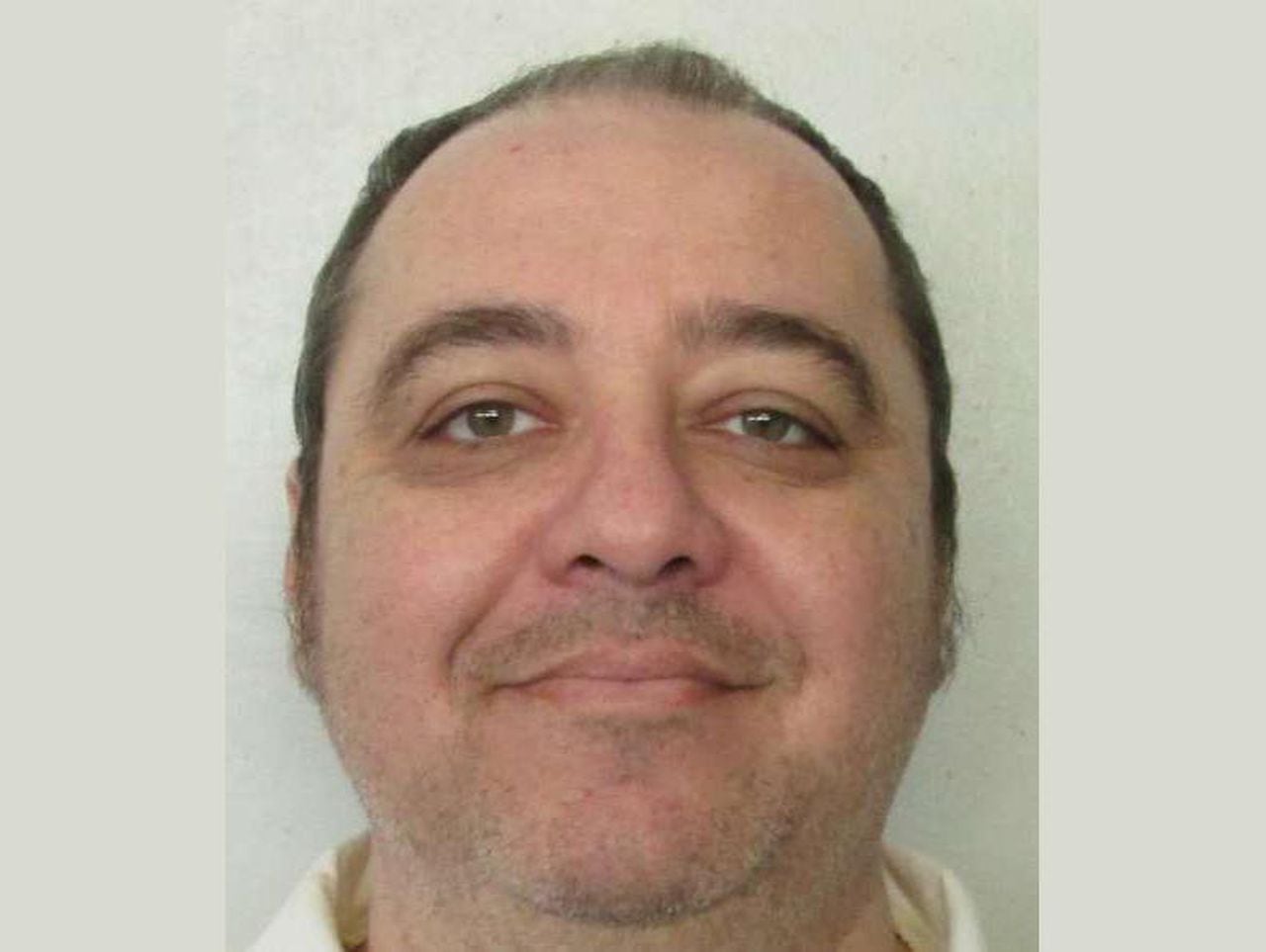UN âalarmedâ at Alabamaâs nitrogen execution of Kenneth Eugene Smith: âCruel, inhuman … tortureâ
A panel of United Nations experts Wednesday “expressed alarm” over Alabama’s planned execution of a death row inmate later this month by nitrogen hypoxia.
Kenneth Eugene Smith is set to be executed Jan. 25 by the practice, which the panel called “an untested method of execution which may subject him to cruel, inhuman or degrading treatment or even torture.”
Smith would be the first inmate executed by nitrogen hypoxia, which the Alabama Legislature approved in 2018 but that no state has ever used.
The execution method would use a mask to replace breathable air with nitrogen, causing death from lack of oxygen.
The nitrogen would be administered for at least 15 minutes, or “five minutes following a flatline indication on the EKG, whichever is longer,” according to the state’s execution protocol.
The panel also warned that “experimental executions” will likely violate the UN convention against torture and other cruel, inhuman or degrading punishment, to which the United States is a member.
The expert panel called on state and federal authorities to halt the execution, pending a review of procedures. It cited the “possibility of grave suffering which execution by pure nitrogen inhalation may cause.”
Smith was twice convicted by juries for the murder-for-hire of Elizabeth Dorlene Sennett in her home in Colbert County in 1988. Sennett was a pastor’s wife who was beaten and stabbed. Smith, one of two men convicted in the crime, confessed to his role.
A jury voted 11-1 to recommend a sentence of life without parole after Smith’s conviction in 1996, but the sentencing judge overrode the jury recommendation and sentenced him to death.
The Alabama Department of Corrections tried to execute him by lethal injection in 2022 but called it off when authorities could not connect the required two intravenous lines to him.
On the UN panel is Morris Tidball-Binz, a citizen of Chile and Argentina who is a medical doctor specializing in forensic science and human rights; Alice Jill Edwards, an Australian lawyer and scholar; Tlaeng Mofokeng, a South African medical doctor, and Margaret Satterthwaite, a clinical law professor at New York University School of Law, where she directs the Global Justice Clinic.
“We are concerned that nitrogen hypoxia would result in a painful and humiliating death,” a statement by the experts said.
